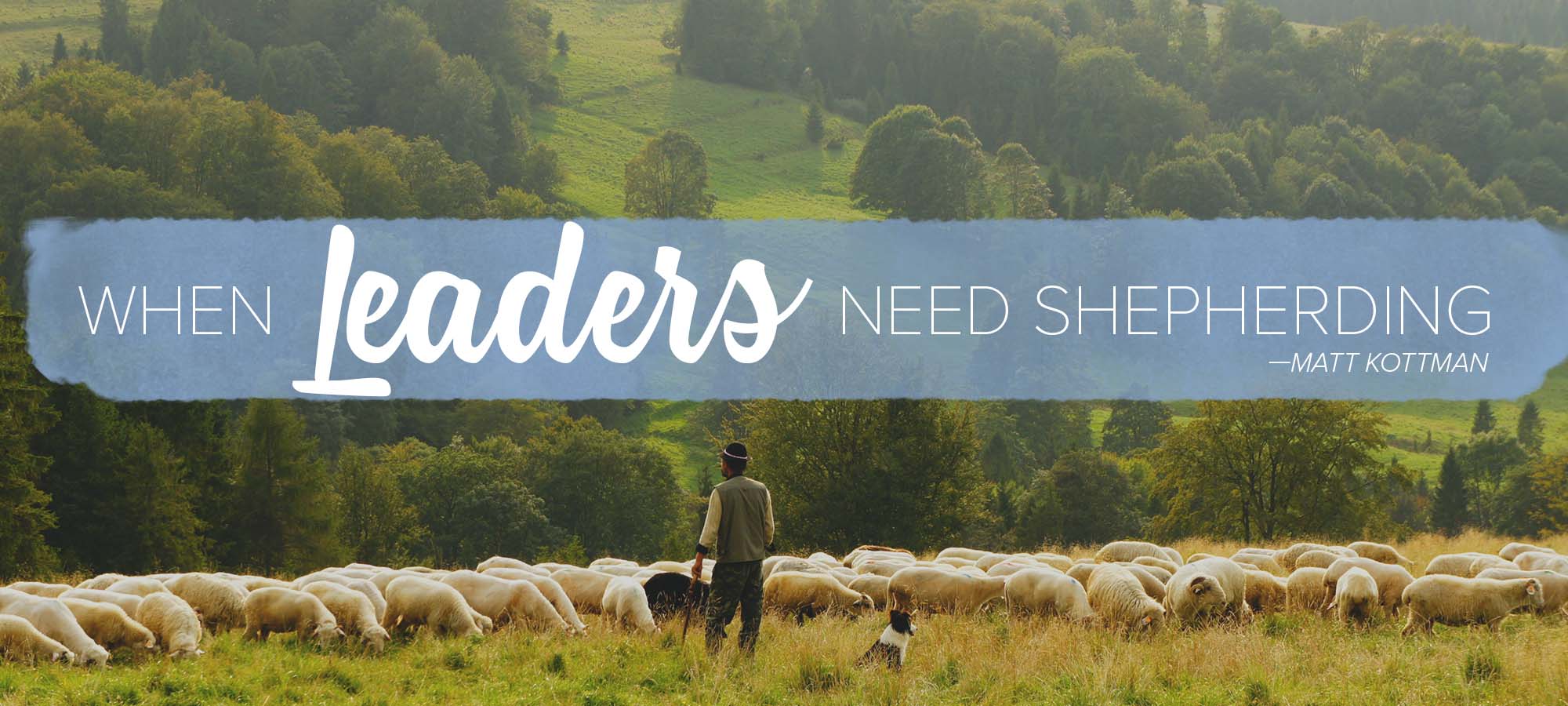
A couple months ago, someone approached me regarding a situation where they felt I hadn’t responded in a pastoral way. Of course, such statements hold a sting to them, and they may not be entirely accurate, but I have found that usually there is some truth in the criticism that we need to heed.
It shouldn’t surprise us that people see mistakes and failures in us, but sometimes it does.
With that as a backdrop, I was reading through John 10 around that time. I was meditating on the Good Shepherd and how He is unlike the Pharisees. He lays his life down for the sheep; they do not (in the previous passage, they cast the blind man out of the synagogue rather than care for him). The Pharisees are shepherds like those in Ezekiel 34:4: “The weak you have not strengthened, the sick you have not healed, the injured you have not bound up, the strayed you have not brought back, the lost you have not sought, and with force and harshness you have ruled them.”
As I wrestled with the above criticism, I began to feel more like the Pharisees than Jesus (again this shouldn’t surprise me). Jesus loves and cares for His flock. He gives them life abundantly (John 10:10).
I was becoming discouraged, reading the passage of the Good Shepherd! Why? Because somehow, I had replaced Jesus with myself. I read about the Good Shepherd and lamented rather than rejoiced. I am not the good shepherd.
But as I read and reread, everything turned around. John 10:3 tells us this: “To him the gatekeeper opens. The sheep hear his voice, and he calls his own sheep by name and leads them out.” The penny dropped when I read John 11:43! “When he had said these things, he cried out with a loud voice, “Lazarus, come out.””
What a shepherd!! Lazarus who was dead heard the Good Shepherd’s voice! He calls them by name and leads them out. His voice called Lazarus by name, and Lazarus came out. The call of Lazarus was like the balm of Gilead on my soul. As a shepherd, I can never call and lead people with life-giving power. I was reminded that I am not the Good Shepherd.
Even if someone or something falls through the cracks of my shepherding hands, Jesus’ hands have no gaps.
This was an encouragement because even in my failures, God does not fail. I was reminded afresh of the gospel that I believe and affirm, but in the moments of life, I can forget. The gospel tells me that it is God who saves, God who grows us in godliness, God who shepherds His flock. It tells me that it is God who will grow me and shepherd me.
Of course, as an under-shepherd, I am to be like Jesus. God is faithful to expose our short comings and failures, and to direct us to His empowering grace. The gospel of John ends with that great call to Peter to shepherd the flock (John 21:15-19). The Good Shepherd shepherds the shepherds, both humbling them and enabling them to shepherd the flock of which He has made us overseers.






